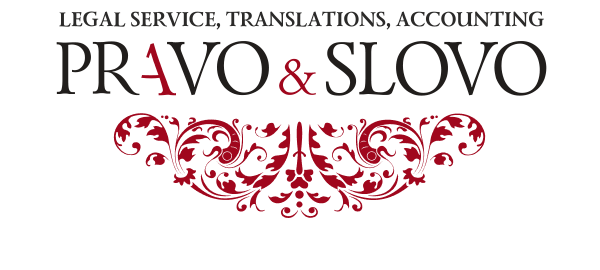Collecting loans based on agreements
Many people have given out loans before – to their family, friends, and acquaintances. But how many of them have formalized their arrangements properly and written out a loan agreement as well as issuing receipts from repaid amounts?
When it comes to relatives and our close ones, the thought of issuing receipts or concluding agreements with those kinds of people is looked at as something practically immoral. We are afraid to hurt the people's feelings that asked us for help, giving them the impression that we don't trust them.
It's important though to keep in mind that if a case comes down to collections in court, the lender will need to prove that they did in fact provide the money. This particular obligation is imposed on the plaintiff in this category of disputes. It's unlikely that the defendant will assist you in doing so, so you will need to insure yourself for the future.
The law states that a loan agreement must be completed in written form if the amount is over 10,000 RUB or if the lender is a legal entity.
It must be taken into account that in proving these obligations, the law has established a direct ban on testimonies. An exception only is made when an agreement is concluded under threat, under severe circumstances, or by way of deceit or violence. So, the court will need to receive documents from you, in particular a loan agreement and a receipt for money received by the lender.
In practice, people don't always conclude loan agreements, just deciding to get by on receipts alone. However, you must remember that a receipt only confirms that money was received by the lender while the terms (whether interest was part of the loan, when the money was supposed to be returned, when the interest was to be paid, court competences, etc.) in part are to be indicated in the agreement.
If you have signed documents available detailing your agreement, you have a substantially higher chance of getting your money back. So, no matter who the person is that you're lending to, do everything in the proper way: have a loan agreement signed and ask that receipts be written.
However, in and of itself, collecting money from issued loans is not that complicated of a process, assuming of course that you have properly filled out documents which also correspond to general rules for court proceedings. Judicial jurisdiction will depend on who the participants in the disputed rights relations are and what the amount of the loan was. The case can be examined by a magistrate, in a general jurisdiction court, and in an arbitration court.
Get help from a professional legal counsel before you encounter trouble – as early as during the stage of the document write-up and signing. In doing so, you will substantially increase your chances of winning in the event that the borrower “forgets” to repay their debt.
Any questions? Give us a call or shoot us a message today!



